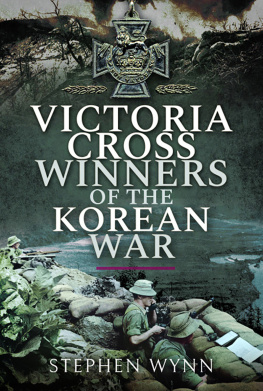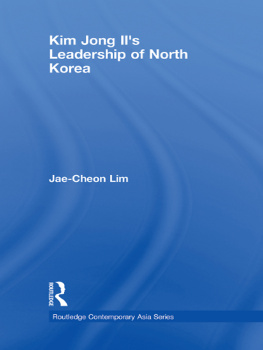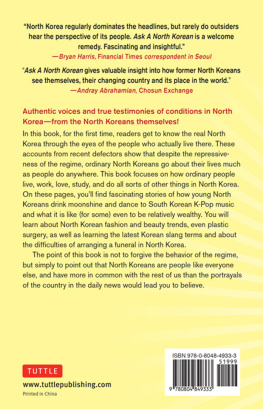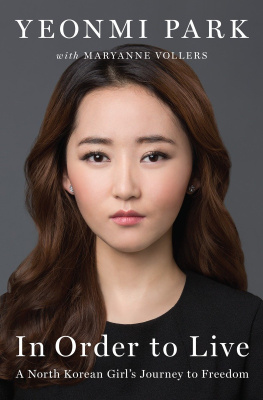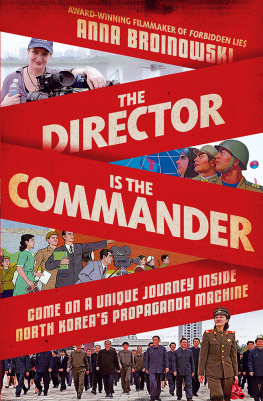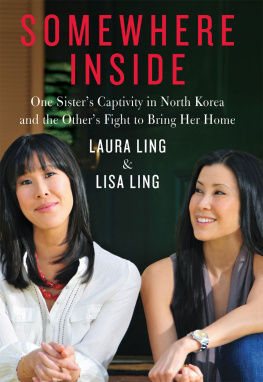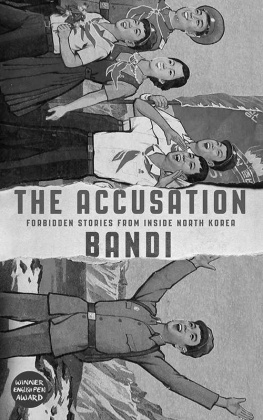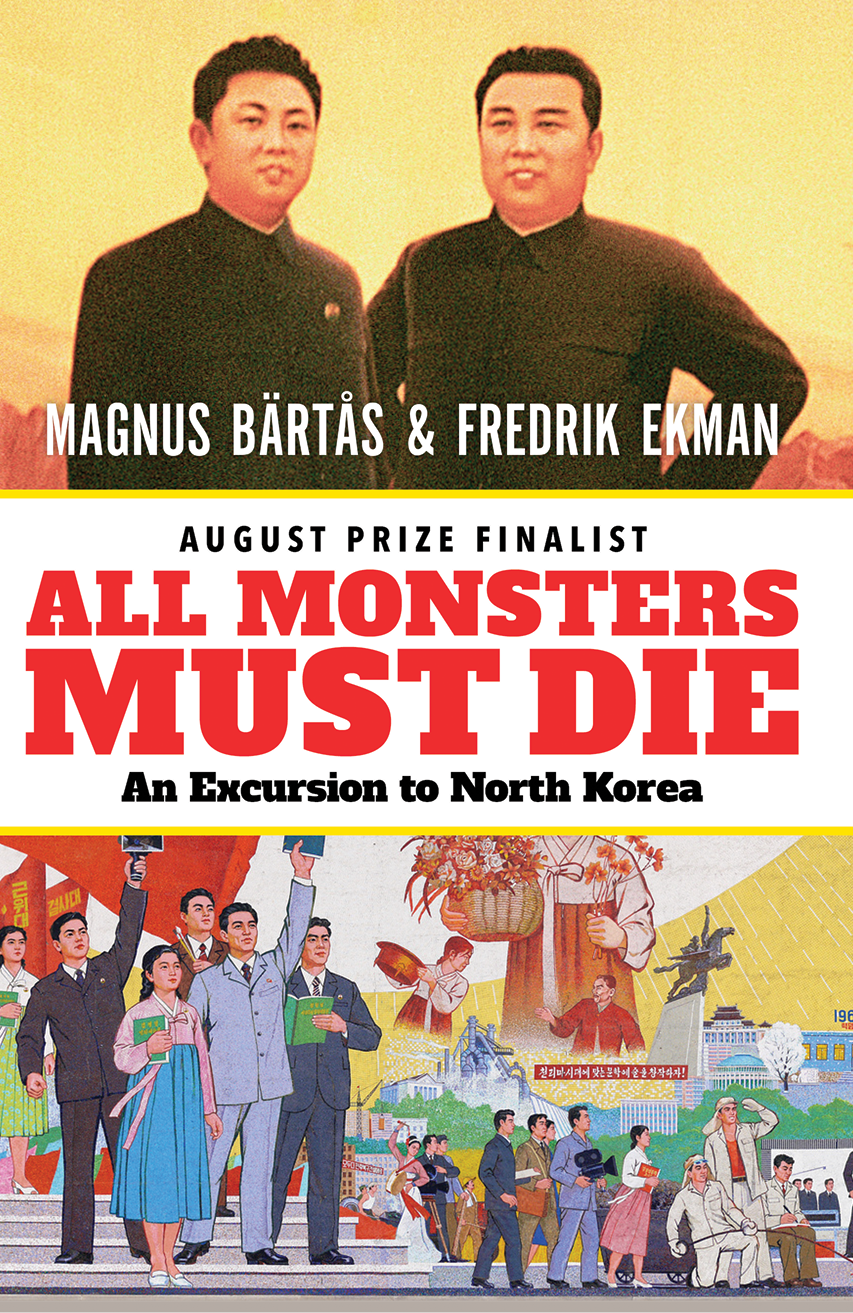Copyright 2011 Magnus Brts and Fredrik Ekman
Translation copyright 2015 Saskia Vogel
All rights reserved. No part of this publication may be reproduced or transmitted in any form or by any means, electronic or mechanical, including photocopying, recording, or any information storage and retrieval system, without permission in writing from the publisher.
Distribution of this electronic edition via the Internet or any other means without the permission of the publisher is illegal. Please do not participate in electronic piracy of copyrighted material; purchase only authorized electronic editions. We appreciate your support of the authors rights.
First published by Albert Bonniers Frlag, Stockholm, Sweden
Published in the English language by arrangement with Bonnier Rights, Stockhom, Sweden, through the Kontext Agency, Stockholm, Sweden
This edition published in 2015 by
House of Anansi Press Inc.
110 Spadina Avenue, Suite 801
Toronto, ON , m5v 2k4
Tel. 416-363-4343
Fax 416-363-1017
www.houseofanansi.com
Library and Archives Canada Cataloguing in Publication
Brts, Magnus
[Alla monster mste d. English]
All monsters must die : an excursion to North Korea / by Magnus
Brts and Fredrik Ekman ; translated by Saskia Vogel.
Translation of: Alla monster mste d.
Includes bibliographical references and index.
Issued in print and electronic formats.
ISBN 978-1-77089-880-6 (pbk.). ISBN 978-1-77089-881-3 (html)
1. Korea (North) History. 2. Korea (North) Social conditions. 3. Korea (North) Description and travel. 4. Brts, Magnus Travel Korea (North). 5. Ekman, Fredrik Travel Korea (North). I. Ekman, Fredrik, author II. Vogel, Saskia, translator III. Title. IV. Title: Alla monster mste d. English.
DS935.B3713 2015 951.93 C2015-900796-8
C2015-900797-6
Cover design: Alysia Shewchuk
Cover images: Magnus Brts
The cost of this translation was defrayed by a subsidy from the Swedish Arts Council, gratefully acknowledged.
We acknowledge for their financial support of our publishing program the Canada Council for the Arts, the Ontario Arts Council, and the Government of Canada through the Canada Book Fund.
CONTENTS
Prologue: 1978
Day 1: To Pyongyang
Day 2: Can You Imagine?
Day 3: Strong Water
Day 4: The Monster
Day 5: The Hawaiian Good Luck Sign
Day 6: The Perfect Film
Day 7: Back and Forth Across the Border
Day 8: Little Boy
Epilogue: 20082014
Note on Sources and Thanks
Bibliography
Index
About the Authors
About the Translator
Everything starts from the individual the bodys pleasures and pains. If you dont see that, you misunderstand history.
Mourid Barghouti
In all my days! the emperor said. A nightingale? Ive never heard of such a thing! Is there such a bird in my empire in my own garden? I want it to come here and sing for me.
The Nightingale , Hans Christian Andersen
PROLOGUE
1978
IT WAS A mid-January afternoon in Hong Kong. The South Korean actress Choi Eun-hee was strolling along the boardwalk at Repulse Bay, an exclusive resort area dominated by a long beach of golden sand in the southern part of Hong Kong Island. The area attracted wealthy investors businessmen from around the world who wanted to be part of Hong Kongs explosive expansion. The film industry was blossoming with Cantonese action movies, and Hong Kong had entered the age of television. Recently , two young boys had flung themselves from the seventh storey of a skyscraper in Kowloon City after watching Ultraman, a Japanese superhero series. They were convinced that they would glide above the cityscape, just like Ultraman in his red and silver costume.
Choi Eun-hee, or Madame Choi as she was called, was a legend in South Korea. Throughout her acting career she had moved effortlessly between roles: a virtuous housewife, a fair princess, a resolute lawyer, a prostitute living in the barracks of an American military base. As one of the first female directors in South Korean cinema, she was a pioneer. Inspired by Hollywoods studio system, she and her then husband, the director Shin Sang-ok, founded and established a film company. Shin Films produced everything from melodramas, costume dramas, horror, war movies, and musicals to Wild East films the so-called Manchurian Westerns. In its heyday, the company employed 300 people, and had workshops, prop storage facilities, a printing house, and its own movie theatres.
Choi Eun-hee was on her way to a business meeting with a certain Mr. Wang of Hong Kong Kumjang Film. They were going to discuss various film projects, and Mr. Wang had also pledged financial support to the South Korean film school where Madame Choi was the principal.
THE PRESIDENT OF South Korea at the time was General Park Chung-hee. Having come to power in 1961 after a military coup dtat supported by the United States, Park had appointed himself president for life. He quickly established himself as a brutal and thick-skinned leader. In 1974, a man with North Korean sympathies attempted to assassinate the dictator while he was delivering a speech. The man fired a number of rounds before he was overpowered. The bullets missed Park, but one of them hit his wife, who was carried off stage, dying. General Park calmly continued his speech after the worst of the tumult had passed.
Parks callousness and severity were renowned but he also had a soft spot for melodrama. The same year he came to power, Shin and Madames film Evergreen Tree ( Sangnoksu ) was released in South Korea. Park was moved to tears by the film, calling it a national cinematic epic. Years later, in 1969, General Park was so eager to see the results of a costume drama that Shin Films was shooting that he ordered that the freshly developed negatives be driven straight to the Blue House, the presidential palace in Seoul. For a short period of time, the filmmaking couple were guests of the palace. Shin played cards with the dictator.
NOW, IN 1978, everything had changed. The days of card games in the presidential palace in Seoul were a distant memory for Madame Choi. General Park was at the height of his autocratic power, and South Korean society had become subject to extreme authoritarian rule. No criticisms of the government could be uttered. A construction worker in Seoul had just been sentenced to six months in prison for claiming that the largest pumpkins on the peninsula could be found in North Korea. He was convicted of having praised the enemy power. While on trial he stood his ground, saying: Everyone knows its true that He was interrupted by the judge, who told him: Your crime is that youve said this in a public place.
The same fate could befall those who collected Soviet stamps, which could be considered an indication of Communist sympathies. Men of the cloth and intellectuals were placed under house arrest for the slightest suggestion of protest against the regime; long-haired students were captured on the streets and dragged to police stations for compulsory haircuts. As if by reflex, the police charged at every gathering that hinted at opposition. When a group of students assembled in central Seoul to hand out flyers, a large posse of police arrived on the scene and immediately let their nightsticks wail. The police didnt notice that the flyers were just blank pages.


